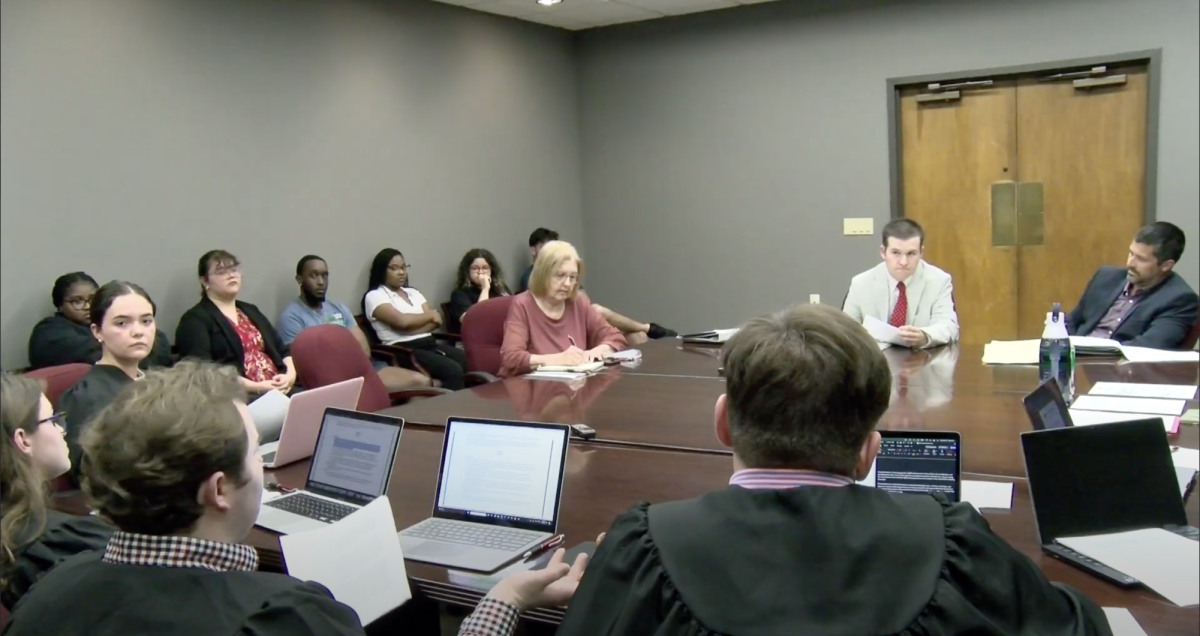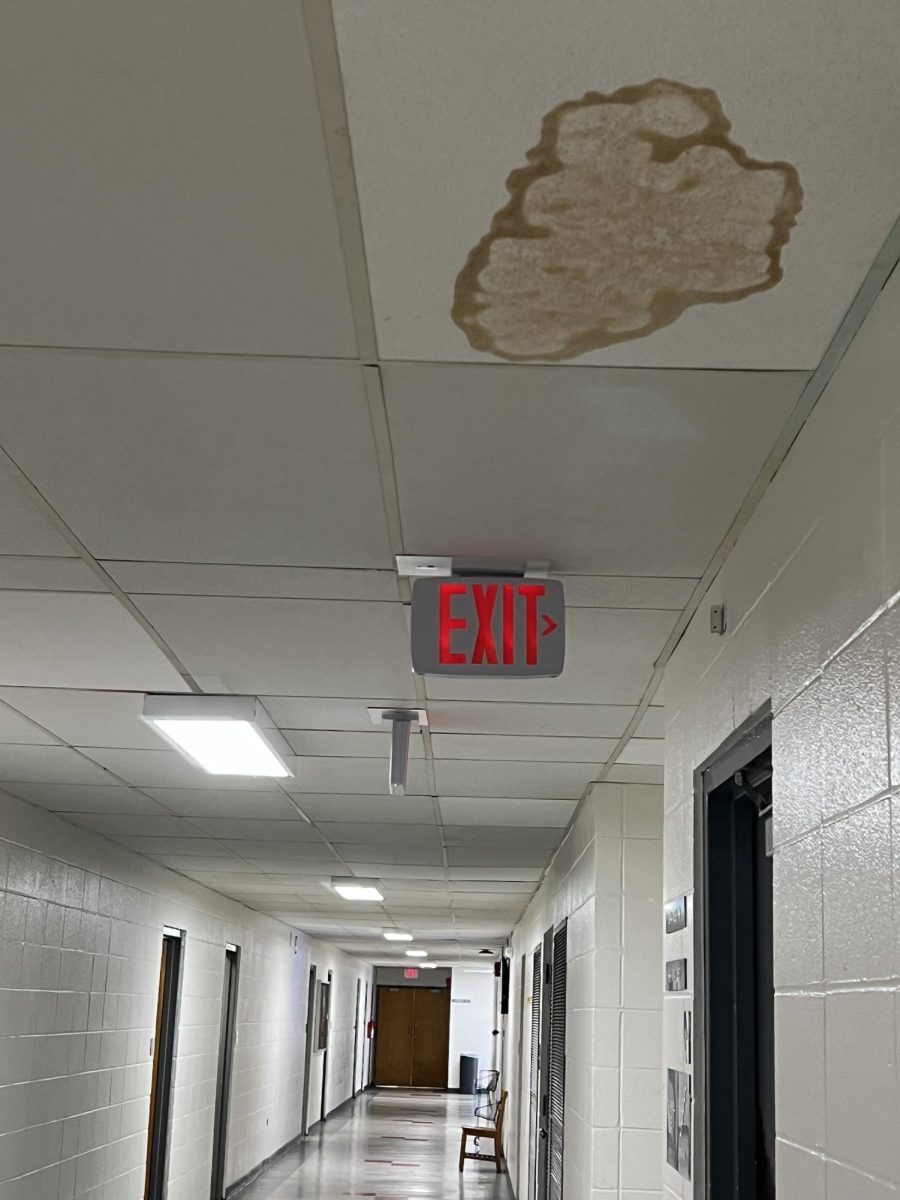Despite increases since the 1994 freshman class of Nicholls students earning a bachelor’s degree within six years, typically less than 15 percent of the University’s students graduate in four years or less compared to the 35 percent national average.Higher education professionals have attributed the prolonging of the traditional four-year degree program to the growing need for students to work while attending college, as well as the increasing population of nontraditional students. Nicholls expects its new selective admissions policy, targeted recruitment, additional scholarships and University College system to help offset those challenges.
“Most students need to work, may change their major once or twice or may get out of college to go work offshore to make money for a couple years,” Larry Howell, associate provost, said. “But we’re making progress. I think a good bit deals with where we target our recruitment, since we’re still dealing with the selective admissions transition and the additional money we’ve put into scholarships.”
Howell said the culture of the campus may have more to do with the University’s graduation rates than anything. Because the majority of Nicholls students are commuters, the University has more students who have to work compared to other schools, he said. However, according to The Chronicle for Higher Education, the national trend of full-time students working to pay off debt is expected to be at an all-time high, with nearly 30 percent of freshmen borrowing at least $3,000 in their first year of college.
Also at a national high is the enrollment of nontraditional students. According to “The School-to-College Transition,” a 2004 report by the American Council on Education, three-quarters of college students have either delayed enrolling in college upon high school graduation, are attending college part-time while working full-time, are financially supporting themselves or have children.
Graduating in four years has become so uncommon that statistics used to evaluate universities are based on six-year graduation rates. In examining six-year graduation rates, about 57 percent of U.S. college students earn their bachelor’s degrees, according to Education Trust, a nonprofit educational reform organization.
The University of Louisiana System, which governs Nicholls and seven other state universities, has committed to a plan that aims to graduate its students at a greater rate than the national average by 2012. Currently, 35 percent of UL System students earn a bachelor’s degree in six years or less; more than 37 percent of Nicholls students graduate in that time, according to data on the 1999 freshmen. This program calls for increased attention on advising, more on-campus jobs, mandatory class attendance and selective admissions for all its institutions.
Howell said the new admissions standards, which were implemented this fall at Nicholls, have resulted in fewer freshmen but better students. Freshmen enrollment decreased by 348; however, the University’s average ACT score increased from 19.7 to a record 20.5.
“Although we took a dip in enrollment, the standards will make us a better institution,” Howell said. “I expect it to take three years for us to get back to the numbers we had prior to the standards but our students will be better prepared and more retainable.”
Howell said one problem with comparing graduation rates of various higher education institutions is that admissions standards are not taken into account when universities are ranked based on these rates. Nicholls had an open admissions policy prior to this year.
“When our graduation rates were compared with those of other open admission institutions, we held our own,” Howell said. “However, there’s a big difference between open admissions universities and Duke.”
Transfers are also not factored into graduation rates. In-state transfer students who graduate from Nicholls are not counted in Nicholls’ graduation rate but in the graduation rate of the university in which they first enrolled. Of the 425 students from the 2000 freshmen class who graduated in five or less years, 95 graduated from a different university.
Howell said the University has seen a significant increase in graduation rates because of scholarship programs such as TOPS, which only fund recipients’ tuition for four years. Of the 1,450 first-time, full-time freshmen enrolled at Nicholls in 1999, 209 students, or 14.4 percent, graduated in four years or less; 200 graduated in five years. This is an increase from the 8.5 percent of 1,174 first-time, full-time freshmen of 1994 who graduated in four or less years before the TOPS program was initiated.
In other efforts to improve graduation rates, Nicholls has created University College. All freshmen begin in this college geared toward making the transition to college smoother by offering advising and scheduling assistance and University Studies courses.
“We attempted to separate students with similar interests into the same University Studies classes; however, the success of this program will be difficult to judge since the hurricanes changed everything,” Howell said.
Howell said one cannot predict how the hurricanes will affect the University’s recruiting and admissions, which directly affects graduation rates.







